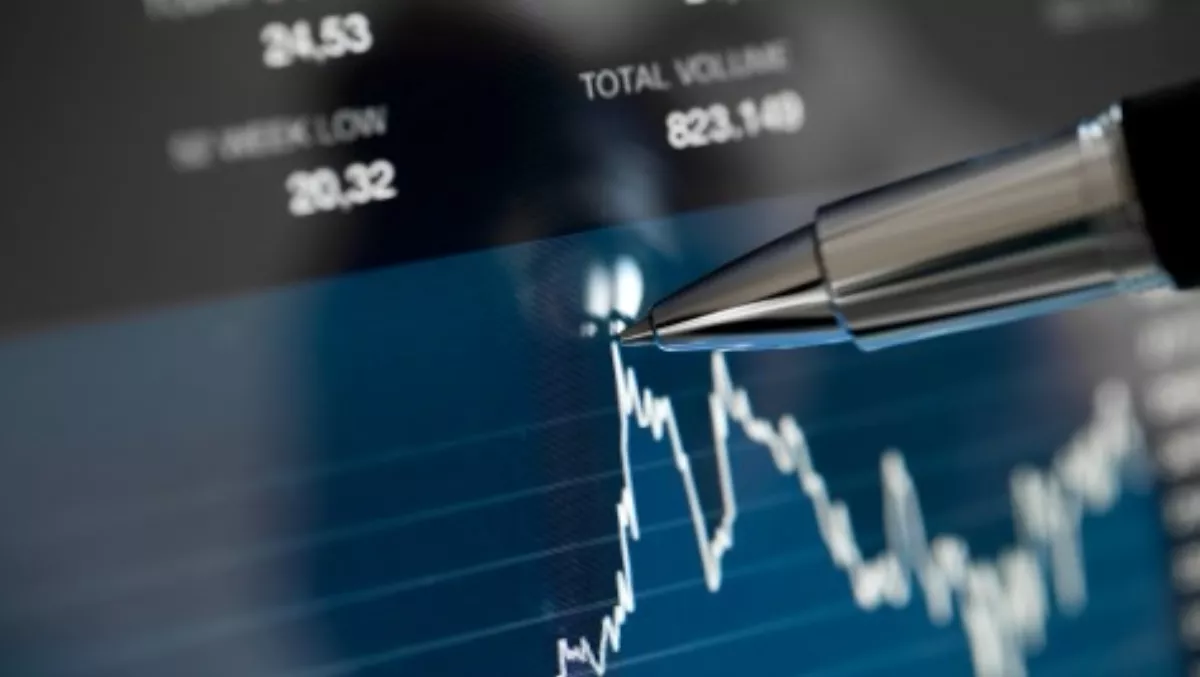
Wall Street mostly moved higher, as the US dollar fell, amid expectations the Federal Reserve will lift interest rates more gradually than initially thought.
While Fed Vice Chairman Stanley Fischer told the Economic Club of New York that the central bank will likely raise rates this year, he also stressed it's unlikely to " smooth path upward."
"An increase in the target federal funds range likely will be warranted before the end of the year," Fischer said. "Liftoff should occur when the expected return from raising the interest rate outweighs the expected costs of doing so."
"But a smooth path upward in the federal funds rate will almost certainly not be realised, because, inevitably, the economy will encounter shocks--shocks like the unexpected decline in the price of oil, or geopolitical developments that may have major budgetary and confidence implications, or a burst of greater productivity growth, as the Fed dealt with in the mid-1990s," according to Fischer.
In afternoon trading on Wall Street, the Dow Jones Industrial Average gained 0.24 percent, while the Standard - Poor's 500 Index rose 0.14 percent. The Nasdaq Composite Index slipped 0.06 percent. The US dollar weakened.
"The market has been in a back-and-forth motion for the last couple of weeks, caught between the potential for rising interest rates and its impact on the dollar and the feeling by investors that the economy is gaining some strength," Rick Meckler, president of LibertyView Capital Management in Jersey City, New Jersey, told Reuters.
Gains in shares of Pfizer and those of Apple, recently up 3 percent and 1.4 percent respectively, led the Dow higher. Bucking the trend were shares of Boeing and Chevron, each last down 0.8 percent.
Oil rose, benefitting from the greenback's weakness.
"The dollar is under pressure, and we saw buyers coming into the market as a result," Tradition Energy senior analyst Gene McGillian told Reuters.
Meanwhile a report on the housing market fell short of expectations, showing the industry's recovery remains sluggish.
Purchases of existing homes increase 1.2 percent in February to a 4.88 million annual rate, up 4.82 million in January, which was the lowest in nine months, according to data from the National Association of Realtors.
In Europe, the Stoxx 600 Index finished the day with a 0.7 percent decline from the previous close, as did France's CAC 40 Index. Germany's DAX fell 1.2 percent.
The UK's FTSE 100 Index rose 0.2 percent.
European Central Bank President Mario Draghi told a European parliament committee in Brussels that the bank's quantitative easing program, implemented earlier this month, was on track, rejecting concerns there will be a lack of bonds for the central bank to buy.
"The pace of purchases so far puts the overall program on track to reach a total of 60 billion euros in March," Draghi said. ''We see no signs that there will not be enough bonds for us to purchase. Feedback from market participants so far suggests that implementation has been very smooth and that market liquidity remains ample.''